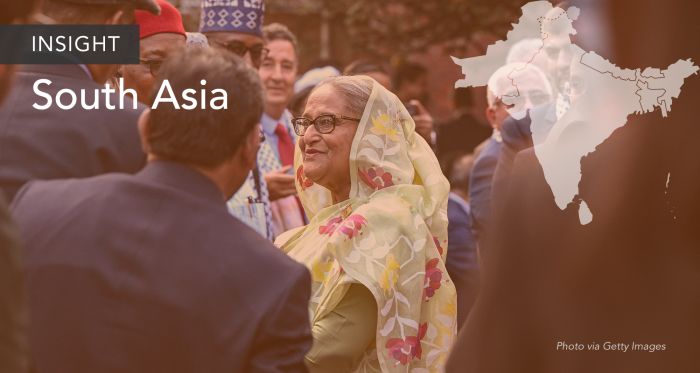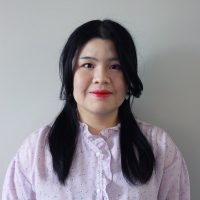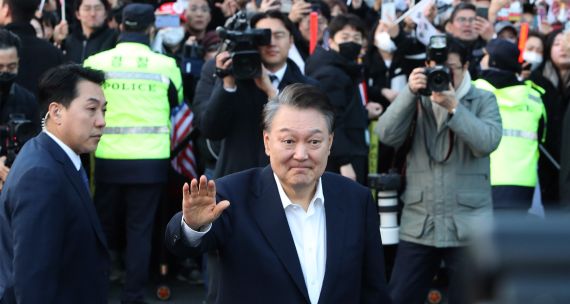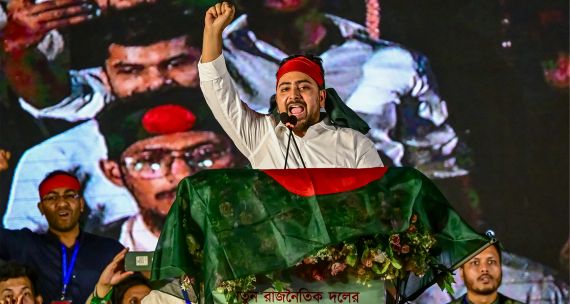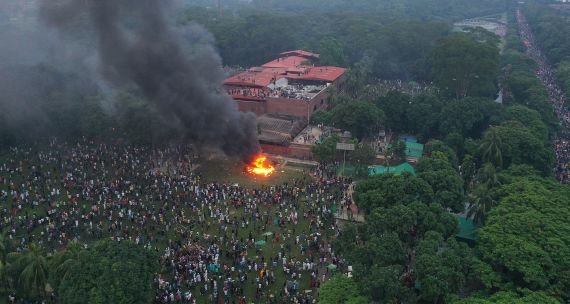The Takeaway
On January 7, Sheikh Hasina, leader of the Awami League (AL) party, secured a fourth consecutive five-year term as prime minister of Bangladesh. The vote has been described by some as “controversial” and a “sham,” as it was held against the backdrop of violent protests, crackdowns on dissidents, a boycott by the main opposition party, and low voter turnout. Internationally, the Hasina government will likely maintain close ties with regional heavyweights India and China. But domestically, it could face economic challenges in 2024, and concerns persist about the country’s continued descent into authoritarianism.
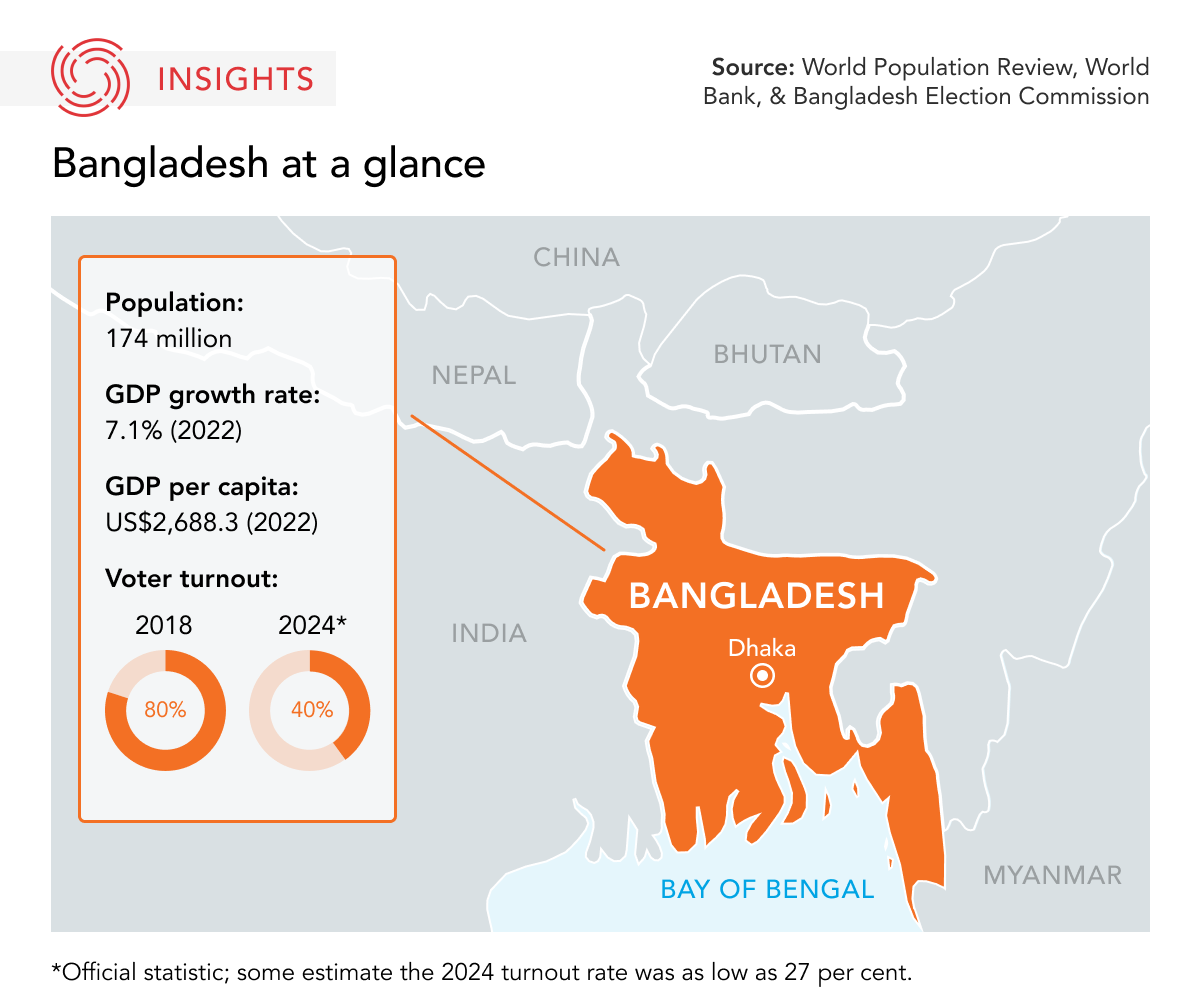
In Brief
- The AL won 222 out of 300 parliamentary seats, but most of the non-AL candidates were, in reality, aligned with the AL. The leading opposition, the Bangladesh Nationalist Party (BNP), decided to boycott the election after the AL refused to install a neutral caretaker government to oversee the electoral process.
- Police forces were empowered to detain BNP supporters, and Bangladesh’s Election Commission controversially registered lesser-known parties and was itself staffed by bureaucrats who are partial to the AL. Government estimates of voter turnout were 40 per cent, half what they were in 2018 when the BNP participated. The actual rate may be lower. Many voters are frustrated that the political leadership is dominated by economic elites and oligarchs accused of corruption.
- The BNP and other opposition parties held nationwide demonstrations with tens of thousands of supporters in the run-up to the election. There are reports that approximately half (2.5 million) of all BNP activists face multiple court cases. Media freedoms remain restricted, with journalists facing attacks, arbitrary detention, and torture in state custody.
- Bangladesh’s economy grew at six-to-eight per cent per year from 2015 to 2019, and the country made impressive advancements in health, education, and women’s employment over that stretch — the latter achievement largely due to the country’s status as the world’s second-largest clothing exporter. But the economy took a beating during the COVID-19 pandemic, and in 2022, Bangladesh accepted a C$6.3-billion International Monetary Fund bailout. Many Bangladeshis remain concerned about rising commodity and food costs and low wages.
Implications
Fears of democratic backsliding
- Sheikh Hasina and the AL have held power since 2009. Despite her initial pro-democracy image, under Hasina’s tenure, the government has tightened control over key institutions, such as the judiciary and Election Commission; censored journalists; jailed opposition figures; and allegedly perpetrated numerous human rights abuses.
- Rights groups and some Western governments have expressed concerns about Bangladesh’s democratic decline. But after the U.S. imposed visa restrictions in 2023 on Bangladeshi individuals believed to be subverting the electoral process, Dhaka claimed it was not “bothered” by such moves.
Geopolitical competition
- The Bangladesh elections present an unusual moment of agreement between regional rivals India and China. Both New Delhi and Beijing have strong ties with the Hasina government and view her re-election as conducive to their economic, security, and strategic interests. In the lead-up to the vote, China, a key partner in Bangladesh’s infrastructure projects, had joined with Russia to accuse the U.S. of interfering in the country’s internal affairs.
- Despite Sheikh Hasina’s recent squabbles with the U.S., there are some issues that will likely keep Bangladesh close to the West. The U.S. and EU are the largest markets for Bangladesh’s multi-billion-dollar garments industry, and Washington sees Dhaka as a “key partner in the Indo-Pacific region.”
What's Next
1. Economic headwinds
Although lauded for its remarkable economic growth, Bangladesh is now grappling with declining foreign exchange reserves, rising inflation, and an energy crisis. What’s more, the construction of mega infrastructure and power projects has raised the country's debt dependency. The rising debt-to-GDP ratio raises concerns about the risk of defaulting. Without a strong opposition party and political accountability via media freedoms, the AL’s leadership could make policy decisions that expose Bangladeshis to more vulnerability and economic shocks.
2. Canada-Bangladesh relations complicated by the Nur Chowdhury factor
In November 2023, CBC News revealed that Nur Chowdhury, who was convicted in absentia for assassinating the country’s first president and Sheikh Hasina’s father, Sheikh Mujibur Rahman, has been residing in a Toronto suburb for 27 years. While bilateral relations remain mostly positive, Bangladesh’s High Commissioner in Canada maintains that it is imperative that Chowdhury be returned to Bangladesh.
3. Co-operation on the Rohingya refugee issue
Canada will need to maintain a co-operative relationship with the Hasina government, especially on the latter’s treatment of Rohingya refugees from Myanmar. Dhaka has called for the “safe, sustainable, and dignified” repatriation of these refugees, despite the alarming security situation in Myanmar. With reports surfacing about rights abuses in the Cox’s Bazar refugee camps and cash transfers to encourage repatriation of the Rohingya refugees, Canada will need to work with the Hasina government to develop policies to help alleviate this humanitarian crisis.
--
Written by APF Canada Research analysts: Suvolaxmi Dutta Choudhury, Suyesha Dutta, Deeplina Banerjee, Pia Silvia Rozario, Jamie Leung, and Enya Bouchard (APF Canada Young Professional Fellow). Edited by: Ted Fraser. Design by: Chloe Fenemore. Photo: Indranil Mukherjee/AFP via Getty Images.
